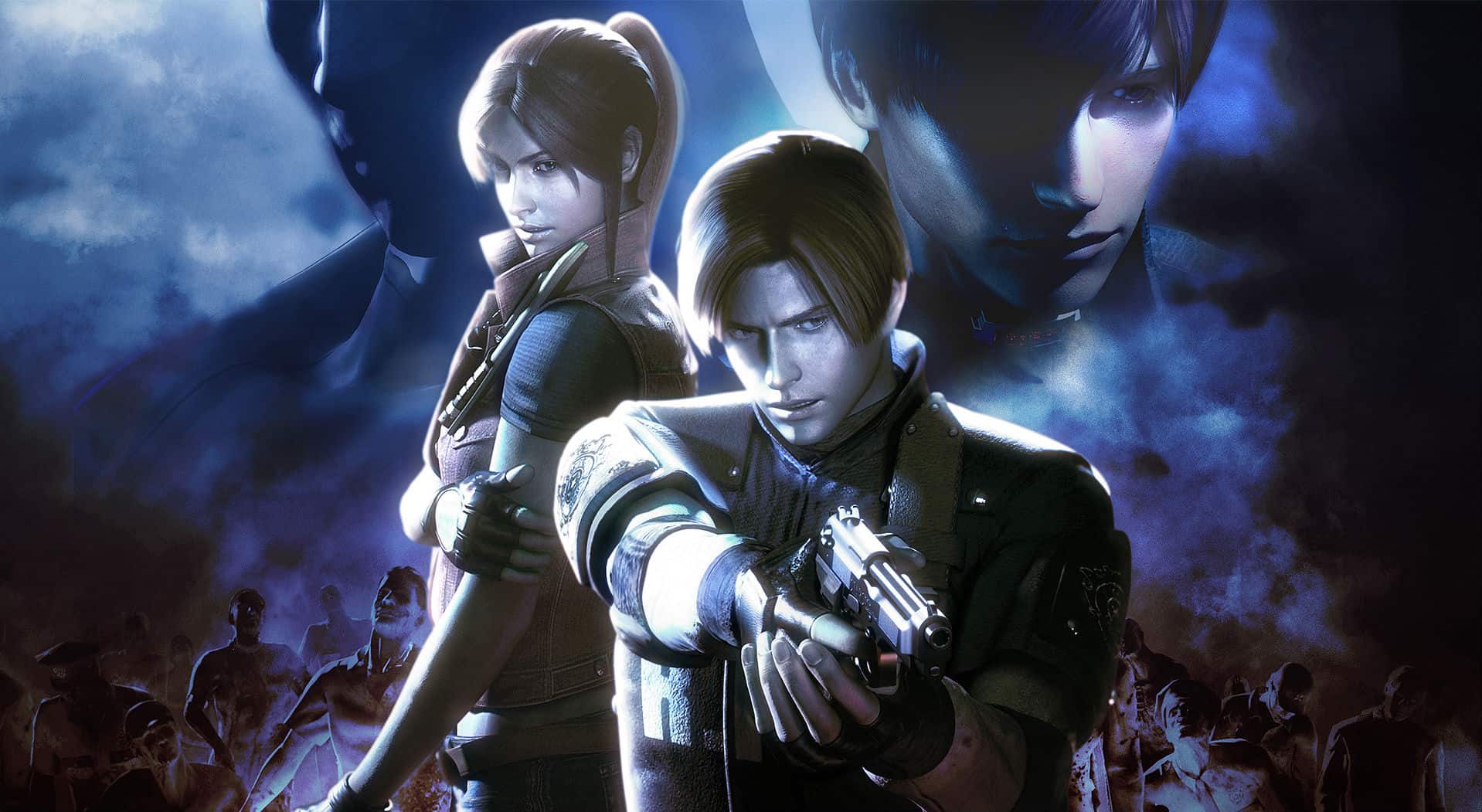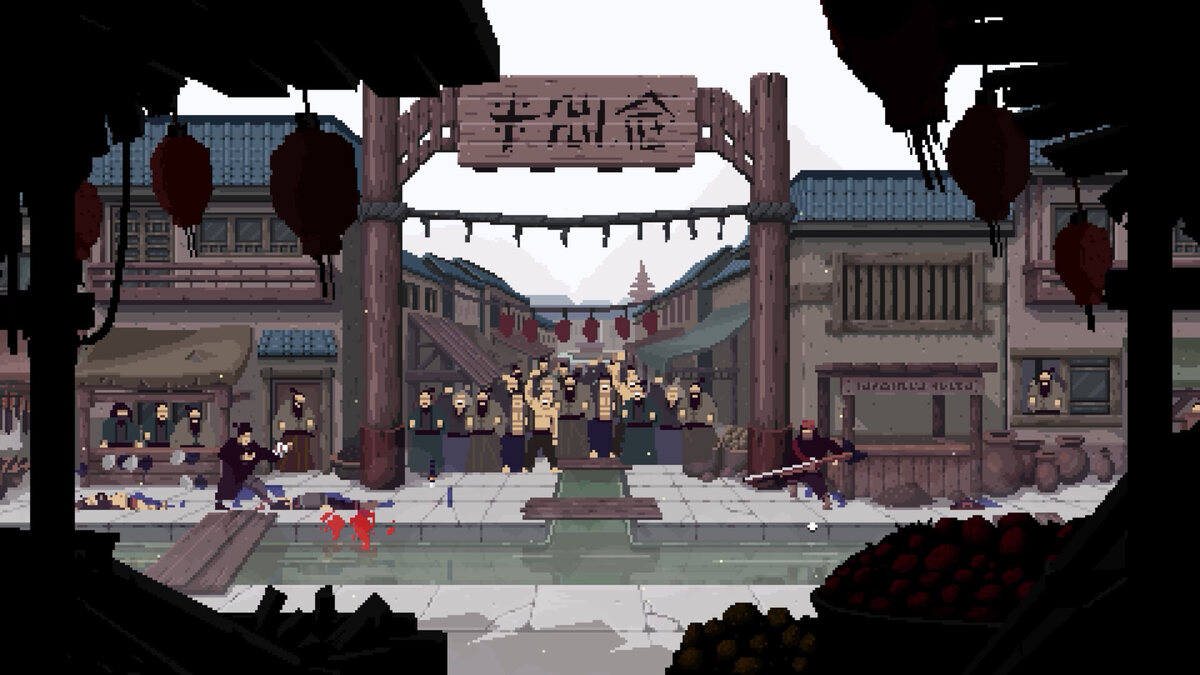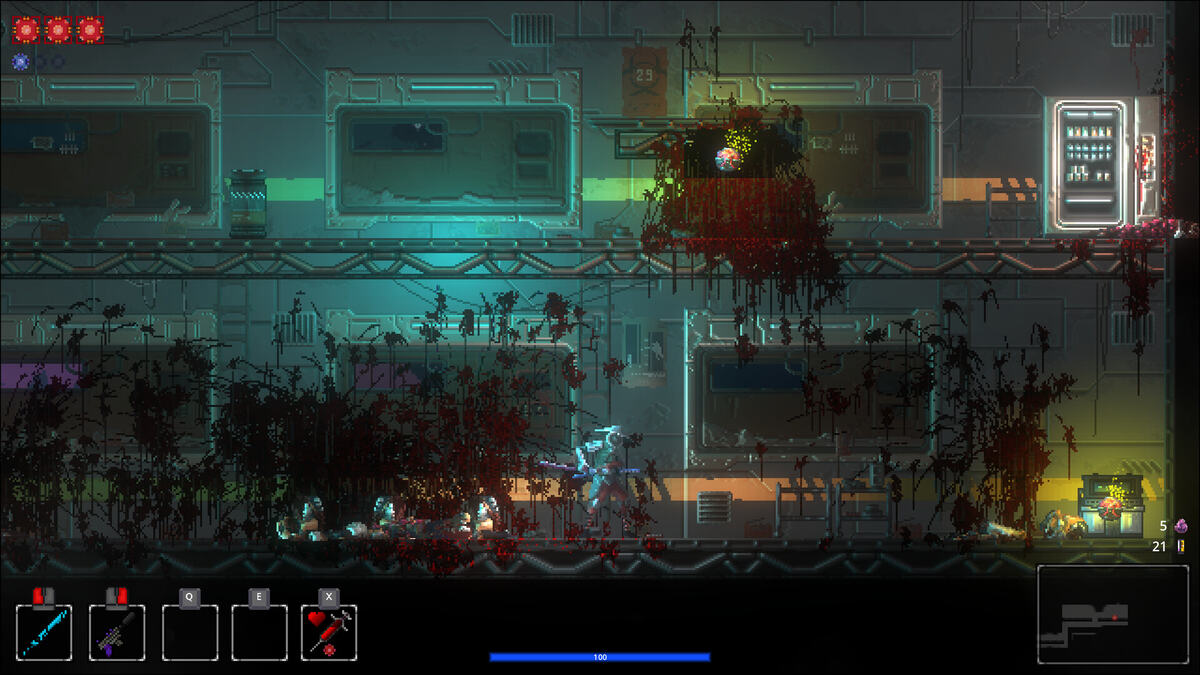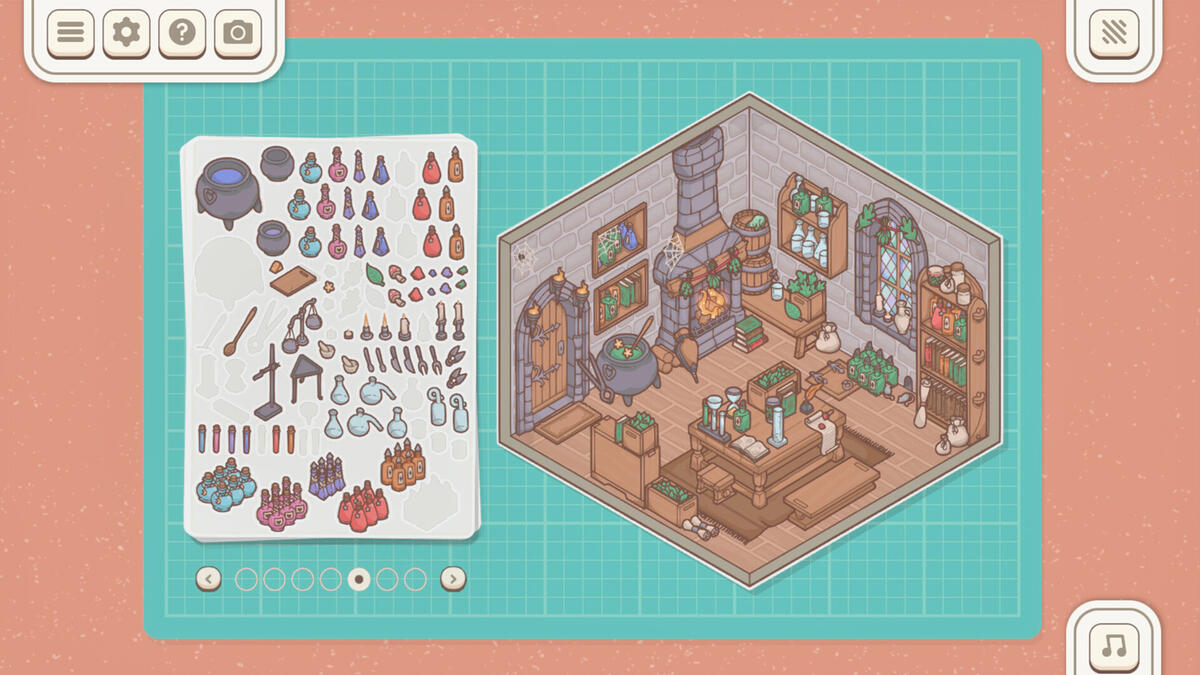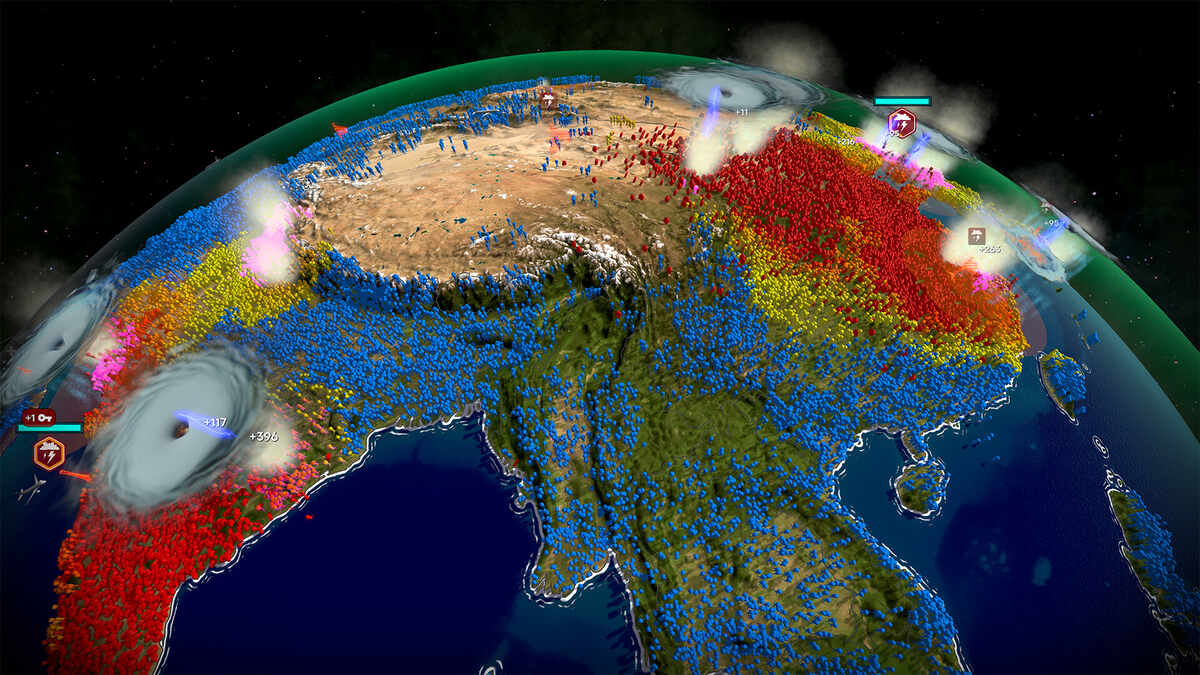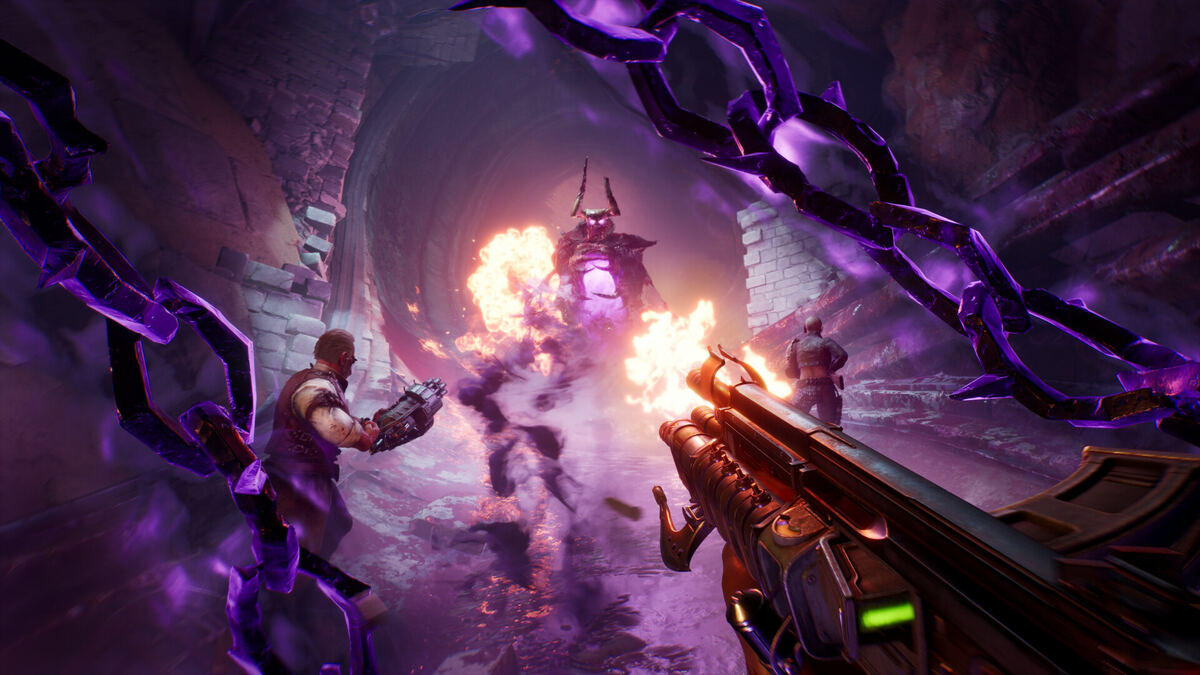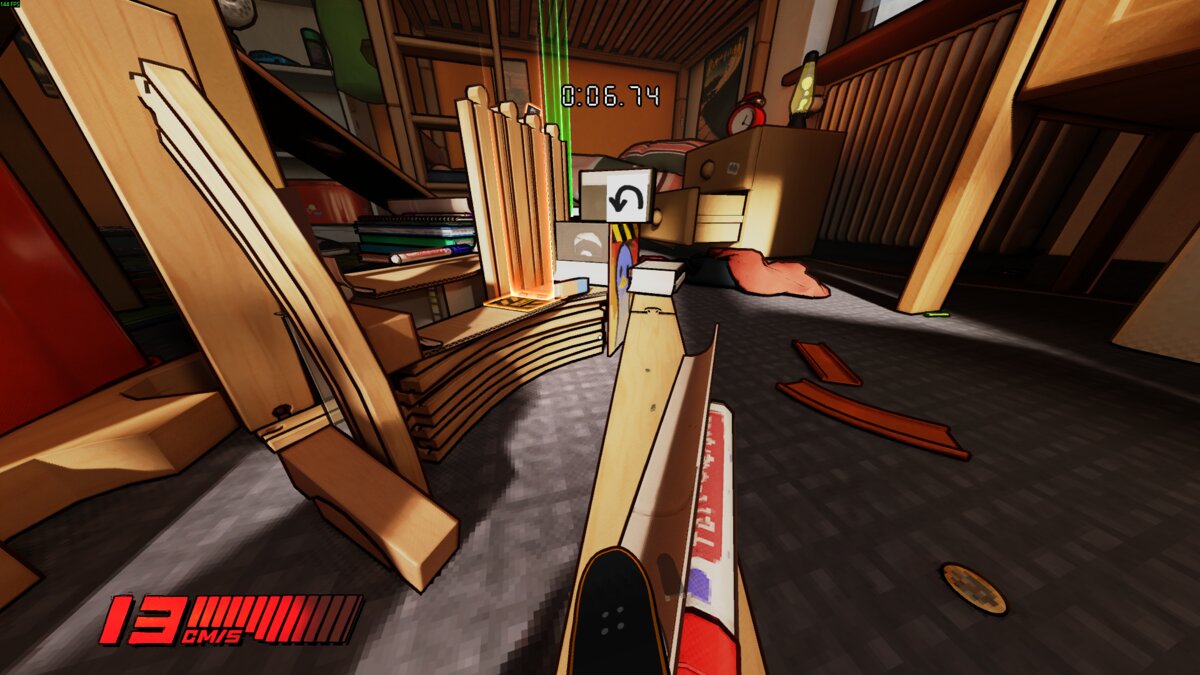You can trust VideoGamer. Our team of gaming experts spend hours testing and reviewing the latest games, to ensure you're reading the most comprehensive guide possible. Rest assured, all imagery and advice is unique and original. Check out how we test and review games here
Resident Evil can do no wrong. With the successful launch of Resident Evil 5 out of the way, and last year’s popular on-rails shooter Umbrella Chronicles a triumph on the Wii, Capcom is readying the release of the sequel, The Darkside Chronicles, for this winter. To prepare, we sat down with producer Masachika Kawata, who also produced Resident Evil 5, and developer cavia inc.’s manager and producer Kentaro Noguchi, to get all the details on what’s shaping up to be an absolute blast.
VideoGamer.com: What are your thoughts on the on-rails shooter genre? Some people think it not very hardcore.
Masachika Kawata: Yeah. Some people also said that the on-rail shooter is an old-fashioned game style. However it’s being used by Dead Space and I think there is a lot more we can do with the on-rail shooter. I like the style.
VideoGamer.com: One thing that’s been improved is the camera. What are some of the tricks you’ve used to improve it?
MK: We worked hard on balancing it, if you like. It was hard work!
Kentaro Noguchi: In the beginning of the project the designer actually held a handycam and walked to see how much a camera shakes around in different areas.
VideoGamer.com: You went out and did some filming yourself?
KN: Yeah. The designer went out in town with a handycam held, ran and fell to see how much the camera shakes around. We actually took a day to film that.
VideoGamer.com: You didn’t get anyone to dress up as zombies to help?
KN: Can you do that next time?
VideoGamer.com: Yeah I’ll definitely do that!
KN: (Laughs)
VideoGamer.com: How has co-op changed?
MK: Sometimes two players playing on the same screen, you don’t know who you’re shooting at. That we have sorted out. And we’re working on something more, but at the moment we’re testing it out. Actually it’s going to work in-game. The single thing we can say at the moment is we have sorted out the display confusion issue.
VideoGamer.com: Will you be able to play co-op online?
MK: No, unfortunately not.
VideoGamer.com: Why?
MK: Time lag. Especially wi-fi connection is not that stable. The time lag issue is the main reason that’s stopping multiplayer online. Having said that we have introduced a wi-fi ranking system, so you can compete your score with other people around the world.
VideoGamer.com: The plot follows a similar path to Resident Evil 2, but I understand we’ll also be visiting some new areas. Can you tell us about them?
MK: Obviously we’re not going to be able to tell you spoilers! However, usually gun shooting games are very much focused on gun shooting gameplay, and not many games are incorporated with storyline. Having said that, hardcore Resident Evil fans are very much interested in the plot. We’re talking about Resident Evil 2 storylines, but we dug in deeper, and it gives you more details. So it will be very interesting for Resident Evil fans.
VideoGamer.com: What is it about Resident Evil 2 that appealed to you as a setting for Darkside Chronicles?
MK: A couple of reasons, actually. The first one is the characters. Leon’s already became famous in Resident Evil 4, and also this title incorporates the storyline from Code Veronica. Claire was also another appealing character for the fans – she was the main character in Code Veronica. From my point of view, obviously Resident Evil 2 was the most famous one within the franchise, so it was very easy to pick that particular title.
VideoGamer.com: Looking back at the series, what’s your personal highlight from all of the Resident Evil games?
MK: Looking back, the original Resident Evil game was revolutionary. It established the genre, and was a shining example of an innovative game. Obviously we were under enormous pressure to create a sequel. However, Resident Evil 2, not only the content was interesting, but it was a bigger game as well. There was a huge volume to it. I believe that was appealing not only to the gamers but the wider audience, too. So those two games were the base foundation of the franchise if you like. Then, we created another revolution if you will with Resident Evil 4. We are very proud of this franchise and we would like to carry on with it.
VideoGamer.com: What’s your opinion on Wii MotionPlus, and will you be able to incorporate the technology into future Resident Evil games on the Wii?
MK: I’m very much interested in Wii MotionPlus. Probably it will be interesting to incorporate for a gun shooting game. You never know, we might use it for another title in the Resident Evil franchise.
VideoGamer.com: There is a perception that mature, adult games don’t sell well on the Wii, however Resident Evil games sell well on the console. What’s your opinion on that perception, and why do you think it doesn’t seem to apply to Resident Evil games?
MK: First of all I don’t think that Resident Evil was the only exception selling on Wii. There are other hardcore titles, such as Call of Duty, which were quite successful on Wii as well. People get this perception on Nintendo Wii that all there is is cutesy games. However, when you actually try to develop a game on Wii it costs you money, it’s time consuming and it’s not the easiest console to deal with. We were serious about creating and developing this particular game, and therefore the fan will accept and recognise our effort. I’m considering it a reward for our effort if you like. And also, we were lucky that we’ve got the Resident Evil brand, which is well known all around the world.
VideoGamer.com: So if you make a good game on Wii, people will buy it?
MK: Yeah. There are good games that didn’t sell obviously. You need an X-Factor. However, vice versa people won’t buy it if it’s not a good game.
VideoGamer.com: Are you interested in Microsoft’s Project Natal and Sony’s motion-sensing technology?
MK: Yes I’ve checked out both of them, and I’m very much interested in them. It’s a great interface. It happened to be that we introduced the motion control sensor first. Having said that, this is very important because this interface will appeal to the wider audience, not only the gaming population. Especially I’m interested in the 360 motion sensor. That looks really interesting.
I think that development of the interface in the game industry is well behind in comparison to other industries, for instance, televisions and fridges and all the other gadgets you use at home. Therefore I think the game industry has a lot to learn and develop. At the moment I know I’ve accumulated some knowledge in this industry, so if I move my job to developing a fridge, probably I can make a fortune!
VideoGamer.com: You’ve now had a few months to reflect on Resident Evil 5. With the benefit of hindsight is there anything you would have liked to have changed or was it perfect in your eyes?
MK: Nothing creative can be perfect. There are lots of things that are coming into my mind. Having said that, towards the end of the project, usually the people who are involved in the project are going through hell, so you just hope that one day you will finish. That’s the sort of memory I’ve got of that project. Now we’re going through hell with this one. We’re just hoping that it’s going to finish one day.
VideoGamer.com: I thought making games was fun?
MK: It’s a quite interesting project to deal with, but while you’re going through the process… I mean, all the people who want to get involved in the project; they want to become a zombie. That’s why they get involved. It’s a bit like getting involved in organising a festival in the beginning, but obviously you have to meet the deadlines and everything else. It’s not easy.
Resident Evil: The Darkside Chronicles is due out exclusively on the Nintendo Wii this winter.
Resident Evil: The Darkside Chronicles
- Platform(s): PlayStation 3, Wii
- Genre(s): Action, Arcade, Shooter
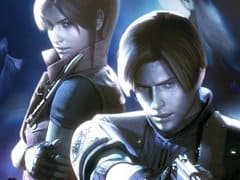
/https://oimg.videogamer.com/images/4fb4/resident_evil_the_darkside_chronicles_61.jpg)
/https://oimg.videogamer.com/images/44f3/resident_evil_the_darkside_chronicles_60.jpg)
/https://oimg.videogamer.com/images/cdfd/resident_evil_the_darkside_chronicles_59.jpg)
